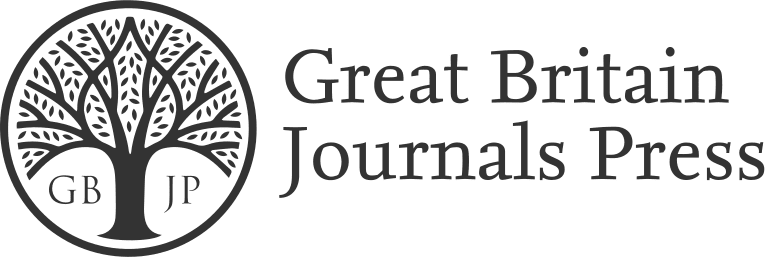Abstract
Insects lack an adaptive immune defense against invading microorganisms but possess humoral and cellular response similar to that of vertebrates. The Immune Deficiency (IMD) and Toll signaling pathways are the major signaling pathways to produce humoral antimicrobial peptides AMPs. Pathogen molecular patterns (PAMs) of Gram-negative bacteria activate Pattern recognition receptors (PRR) of the IMD pathway, while PAMS of Gram-positive activates PRR of the Toll pathway. Although the IMD pathways is incomplete in Hemipterans, in Triatoma pallidipennis the preferential participation of the IMD pgrp-lc and toll receptor in the responses to Gram-negative and Gram-positive infections, respectively, but as in other insects, cross induction was observed. An enhanced protection after a previous exposure to a pathogen, termed priming, functionally homologous to the adaptive immune memory of vertebrates, has been documented in several insect Orders but not in Hemiptera and the participation of the components of the immune signaling cascades remains poorly explored. We present evidence for immune priming to Micrococcus luteus (Gram-positive) and Escherichia coli (Gram- negative) bacteria in T. pallidipennis. The preferential participation of receptors of the IMD and Toll pathways in the responses to each bacterial challenge was recorded.
Keywords

